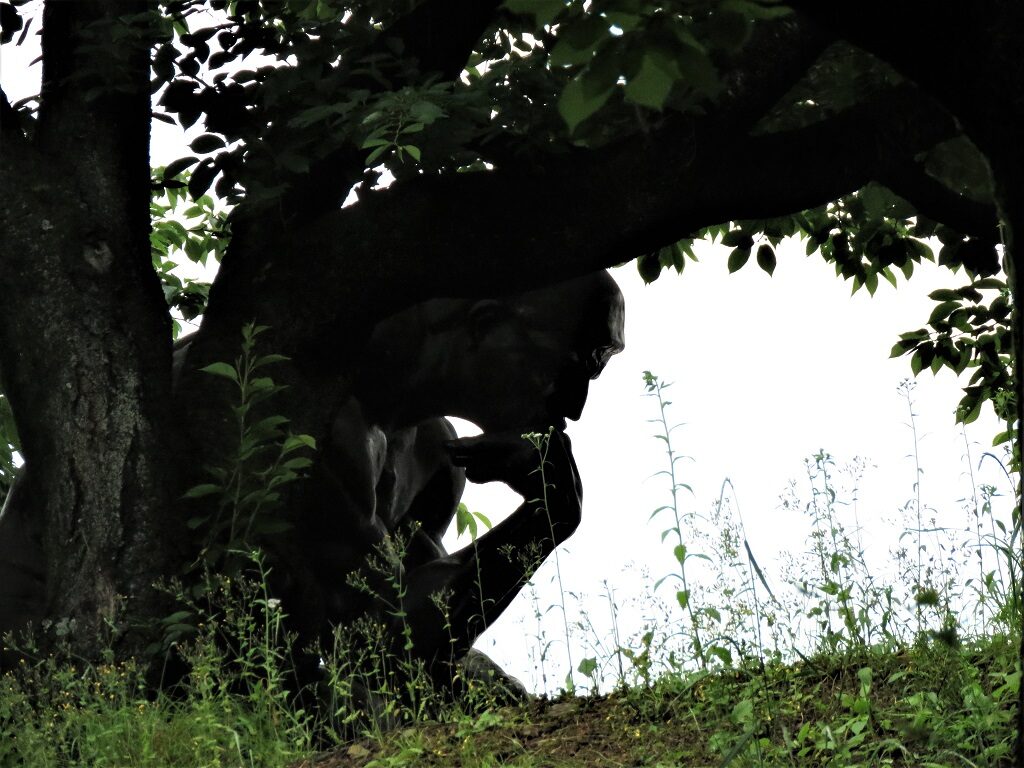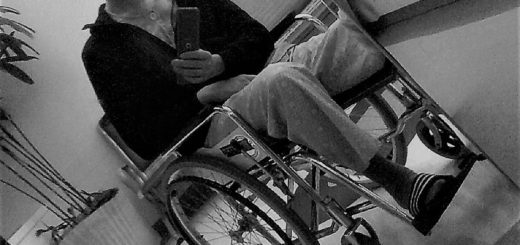Power and Judgment
The more practical power one has (or believes one has), the less able one is to admit error or rethink previous decisions. The willing assumption of godlike authority, and by extension the creation of a permanent audience before whom one exercises that authority, seems to infuse the soul with a parallel dread of being seen to lack godlike infallibility. This dread (sometimes mistaken for excessive pride) multiplies fifty-fold both the natural confirmation bias to which all men are subject, and the natural propensity to indignation — the irrational anger that defends against the embarrassing exposure of doubt — which is anathema to self-discovery, self-understanding, and ultimately self-correction.
Hence, the man who assumes or grants himself the greatest practical power becomes, almost necessarily, the man least emotionally suited to wield it. For the most indispensable traits of any sort of mature application of authority, including even the authority of self-governance, are the disinterested judgment to recognize the missteps and errant notions that occur in all complex thought processes and endeavors, the sobriety and self-possession to determine the causes of these errors, and the practical reason and openmindedness to correct them. The man whose soul is possessed by the need to prove that he deserves his outsized authority, that he has a legitimate claim to it, is far too likely to become as indignant as a wayward teenager at any suggestion that he has made a mistake or miscalculation.
The only natural exception to this rule of the reverse proportionality of practical authority over others on the one hand, and the emotional maturity required of effective authority on the other, would be the case of a man who was truly wise enough and nobly intentioned enough to hold great power only involuntarily, as it were, and further to be insusceptible to having that natural reticence corrupted by the immediate advantages and baubles of real power. The most famous and outlandish political proposal of Plato’s Republic, the installation of philosophers as kings, displays the clearest and starkest wisdom about the psychological danger of practical power, by showing how practically implausible its only realistic exception and solution would be.



